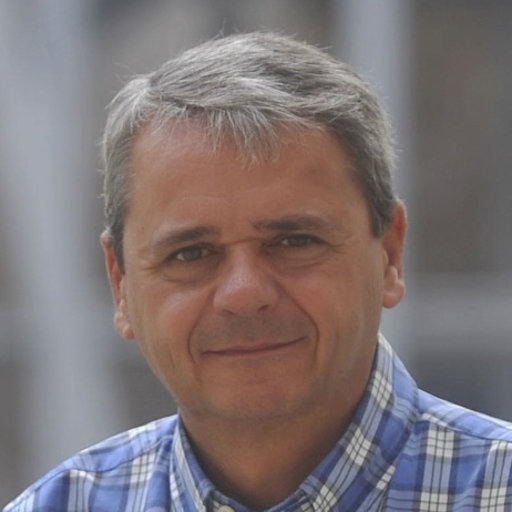Welcome from the President

Dear colleagues, with these lines I welcome you to the website of Murcia Regional Science Association, whose creation dates back to 1989, the year being held in Murcia the Fifteenth Meeting of Regional Studies of the Spanish Association of Regional Science .
Born with a clear vocation forum for debate on issues that affect and concern to the region and to promote and disseminate research in the broad thematic field of regional science.
During these years AMUCIR has organized conferences and seminars on technology parks, industrial restructuring and management of areas in decline, transport network of the region of Murcia of the century, and relations between the regions of Murcia and Andalusia with special reference to agriculture and the transport network.
We must also emphasize the great reception that took the “Conference on the current state of regional science in Murcia” held in 1993 at the Institute of Development in the Region and which led to the publication of a book in which 32 works defended by university professors and researchers from the Center for Soil Science and Applied Biology Segura collected. Years later, in 2002, it held in Murcia the XXVIII Meeting of Regional Studies, a pioneer in virtual organization, which is to ratify the vocation and commitment of the Murcian association to maintain and disseminate the theoretical contributions and applied presented in each edition.
It is obliged to make a special mention of the prize Regional Science Research Mariano Ruiz-Funes, convened every year since 1990 with the sponsorship of the Savings Bank of the Mediterranean, has become the real backbone of our association. The nomination of the award pays tribute to the political and researcher born in Murcia in 1889 and died in Mexico in 1953. The award is aimed at individual researchers or teams perform their work in some of the regional branches of science and is the publication of the work in a careful edition and, since 2000, also a cash bonus of 1,200 euros. In most cases, up to ten, the winning works have been doctoral theses, the rest are research, two of them together. By authors earn six geographers, economists followed by four, two biologists and a sociologist. There is also variety in the topics, most, six are of environmental content and management of natural resources; three are economy; two demographic; one of spatial analysis and other technology transfer and development.
One of the goals that we set the new Board is to continue in this line, promoting the holding of periodic form of seminars and workshops that allow bring together specialists from different disciplines (economists, lawyers, geographers, etc.) on regional research.
Fernando López Hernández